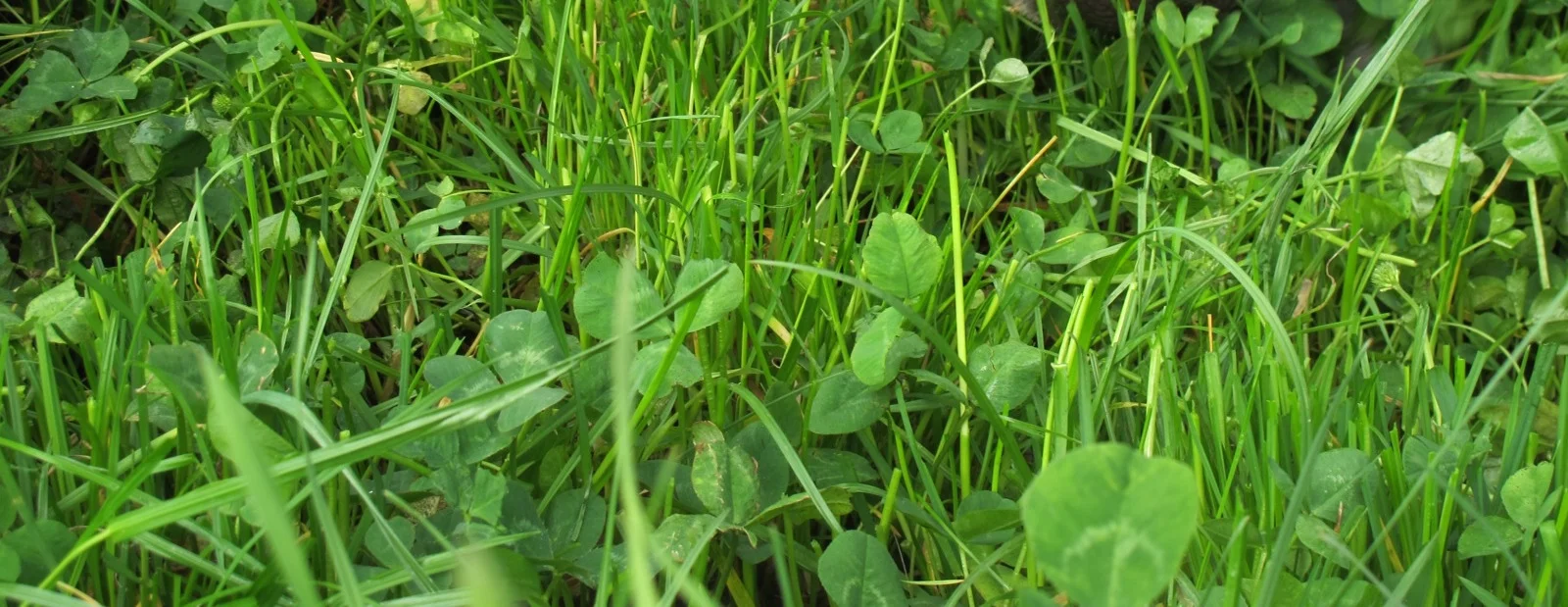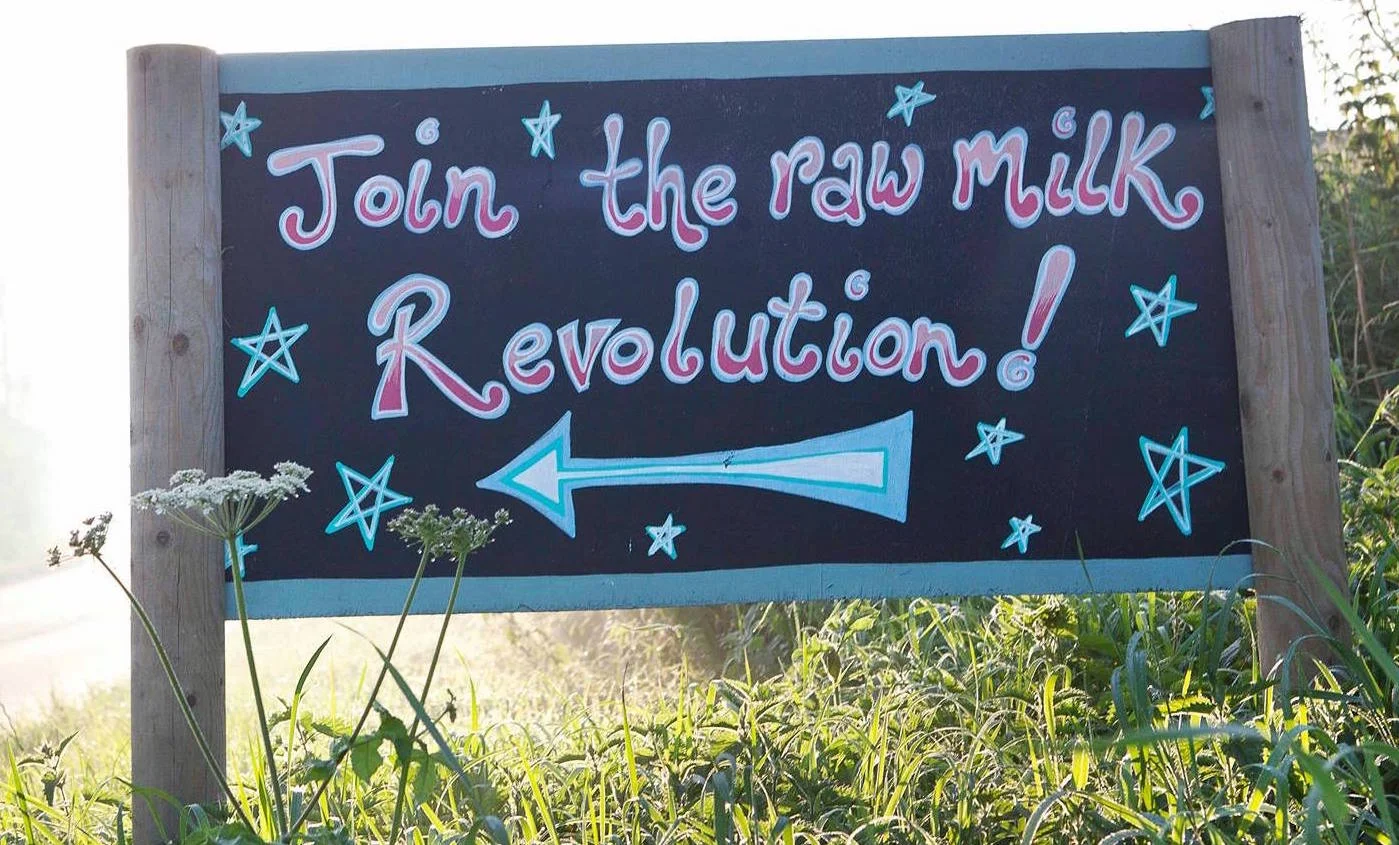According to this article, there has been an increasing number of producers selling raw milk at the farm gate since 2010. England & Wales and Northern Ireland have regulated raw drinking milk (RDM) industries, while Scotland still ban RDM, despite allowing raw milk cheese production.
The UK has lost many dairy farms, with a July 2016 BBC article reporting that more than 1,000 have shut down since 2013. The woes of the British dairy industry are far from over, and many are still going under. This is because milk is being sold as a loss leader in supermarkets, an issue that came to a head in 2016 in the UK. Fortunately some British dairy farmers have been able to diversify by selling RDM directly from the farm gate thanks to steady consumer demand for it. This pays better than providing milk to UK dairy processors. Raw milk producers credit the success of the raw milk movement to the fact that they can sell a high value, unprocessed product directly to the consumer.
Raw drinking milk has been their lifeline.
For more information on the early days of diversifying with raw milk, see the following three examples from around 2016:
According to a Food Standards Agency Consumer Insight Report 2018, there has been a 5-fold increase in the volume of RDM production in the UK from around 610,000 litres in 2012 to 3.2 million litres in 2017. 3.5 million litres sold in 2018. More than 170 producers currently sell raw drinking milk to consumers either at the farm, often dispensed through vending machines, at a farmers’ market or through a delivery service.
According to the Farmers Weekly, the producers association idea started when Suffolk dairy farmer Jonny Crickmore - who won the Farmers Weekly Diversification Farmer of the Year award in 2017 - was able to organise a Raw Milk Conference with the help of the National Farmers Union in May 2018. Jonny told the Food Standards Agency (FSA) that the rules around raw drinking milk production were not clear enough. This was after there had been a couple of food poisoning incidents in England. Since the conference, there has been a number of meetings with FSA officials and the talks have been described as positive and constructive. Jonny told the Farmers Weekly:
“We, as producers, want to produce safe milk. But we don’t want everything thrown at us which makes it impossible for us to do so.”
“The milk that is going to be sold will be from producers who are more educated and aware of what they are doing around the safety of raw milk production."
Image: the road sign at Fen Farm Dairy in Suffolk.
According to this press release, the Raw Milk Producers Association (RMPA) will launch on 4 March 2019. It was initially the brainchild of dairy farmer Jonny Crickmore and cheese expert Bronwen Percival. Both then got in touch with dairy farmer Christine Page, who was appointed as group secretary and who has worked tirelessly to get the association started. Dairy farmer Tali Eichner is membership secretary and has also contributed a great deal. The government’s Food Standards Agency (FSA) had been planning to tightening controls around the sale of raw milk, and producers felt this was the right time to collaborate, and with the FSA, to ensure the new controls are proportionate and supportive. Whilst licensed farm- gate sales of raw milk are perfectly legal, there has been very little in the way of official guidance or support for producers in terms of production standards, hygiene or microbiological testing.
According to the press release, the RMPA is globally unique, being the first of its kind in any country to work in partnership with the government. Historically there have been many raw milk producer groups formed around the world, but most have either been without the blessings of their country’s governing body or in active opposition to them.
“We are keen to maintain a strong relationship with the FSA,” says RMPA chair Jonny Crickmore. “The organisation strongly believes it is mutually educational and beneficial that raw milk producers, consumers and the government work together to bring better support and regulation to producers.”
The aims of the RMPA are to:
bring together raw milk producers, many of whom are geographically isolated, and provide networking and training opportunities
provide official government-endorsed guidance to producers on production standards, dairy hygiene and microbiological testing
provide a liaison service between raw milk producers and the government
provide an online forum in which producers can share knowledge, experiences and support one another
From the 4th March 2019, any raw milk producer in the UK can join the RMPA. For more information see the RMPA website at
www.rawmilkproducers.co.uk.
For UK raw milk producers, a membership subscription of £100 per year applies. Members will have access to all of the above services, including reduced rates on workshops and training days, quarterly newsletters and free copies of a series of ‘best practice’ guidance booklets for Raw Milk Production, written on behalf of the RMPA by two leading international experts, Dr Cat Berge and Prof Dr Ton Baars, along with input from industry specialists, raw milk producers and microbiologists.
The RMPA is also offering three training days across the UK, featuring both Dr Berge and Prof Baars. These events will be the North of England on 29 April, the Midlands on 1 May and the South of England on 3 May. The training days will help bring producers up to date with the government’s upcoming changes to raw milk legislation. They will also include training in raw milk production best practice and provide networking opportunities.
Follow the Raw Milk Producers Association on social media with the hashtag #rmpauk
Enhanced Controls for raw milk production in the UK
During #FebruDairy, the government’s food safety watchdog Food Standards Agency (FSA) launched a consultation into raw milk; its first in five years. It proposes that raw milk producers should have a Food Safety Management System (FSMS) in place to allow producers to identify the stages of their production systems that could pose a risk, and have control measures in place to eliminate or reduce those risks to an acceptable level. A suitable food safety management system should include hygiene and temperature checks, the identification and control of potential hazards, and other controls, such as cleaning protocols and veterinary records.
To verify that the system is working, the FSA is planning to introduce monthly pathogen sampling of milk - something only one-third of producers say they already do. The consultation closes on 30 April.
The Australian Raw Milk Movement is very enthusiastic about the shift to safer and fairer systems in the UK, because it has long been evident that many regulated, and unregulated raw milk industries around the globe are in need of urgent re-assessment that leads to the installation of the right kind of controls, and the weeding out of the dysfunctional ones.
People are recognising that rules must be strict and appropriate for raw dairy production.
Dairy farmers and consumers must not be burdened with unnecessary, trivial, overly cost-prohibitive restrictions either.
Authorities have to be fair with the highest good of all concerned through acts of kindness, empathy and courage.
Raw milk... Yes or no? 🤔🥛 #milk #rawmilk #dairy pic.twitter.com/5fsIu2k6bD
— BBC Breakfast (@BBCBreakfast) April 5, 2019
We also encourage the Australian government to install legislative change to allow the production of raw drinking milk from cows and other animals. It is what small family farmers excel at. Agriculture Minister David Littleproud has aluded in this interview that the mandatory code of conduct for the dairy industry in Australia won’t likely be ready for farmers to benefit from until 2020. In the mean time our farmers are going bankrupt and consumers who want raw drinking milk are going without. There is huge demand for it.
Related Articles:
Dairy farmers club together to protect raw milk sales
Food Standards Agency launches consultation on raw milk after popularity surge
Enhanced controls for raw milk production (England & Wales)
Enhanced controls for raw milk production (England & Wales ) PDF
Review of raw drinking milk official controls consultation summary page PDF
Risk Assessment Management Plan (Food Safety Plan)
The Raw Milk Movement is on the move
Raw Cow’s Milk and Its Protective Effect on Allergies and Asthma






